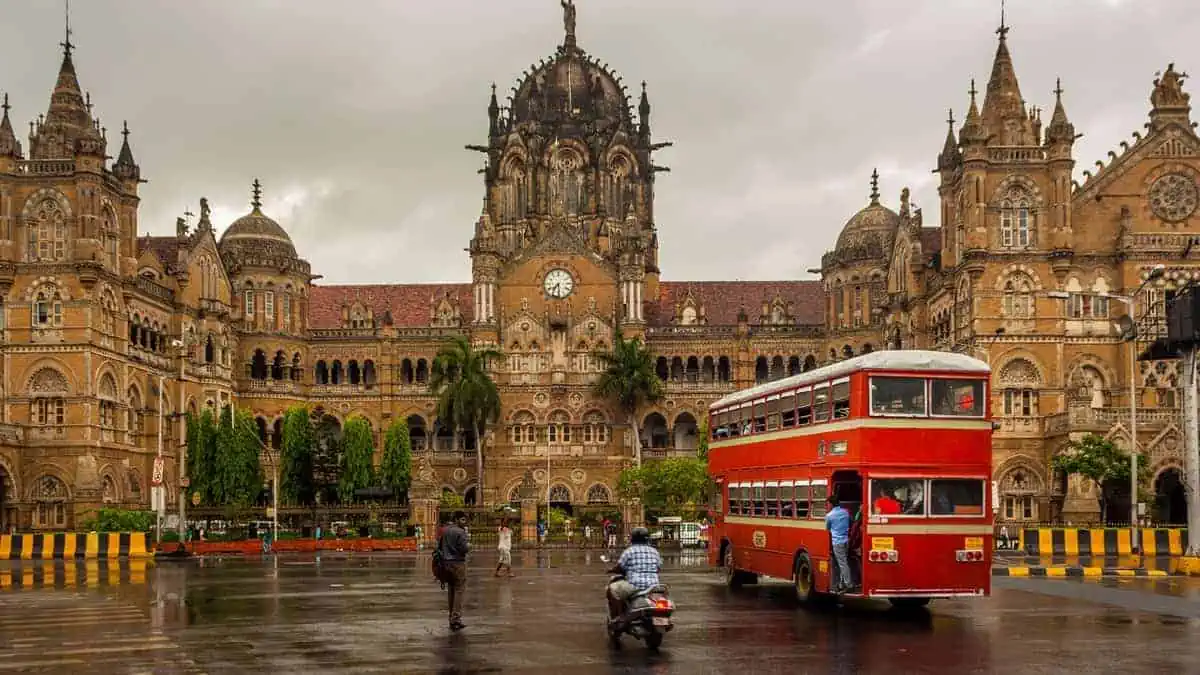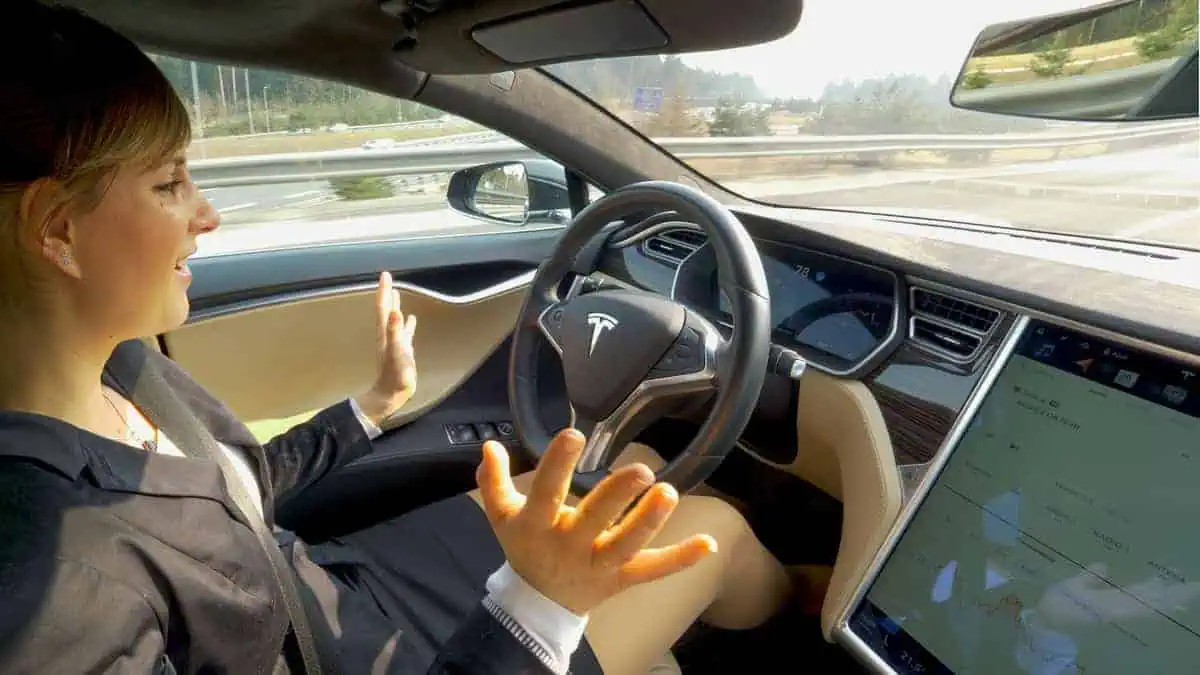The Indian state of Maharashtra reportedly inked a lead-off agreement worth $2.5bn with Taiwanese battery swap giant Gogoro and local auto system supplier Belrise, according to Nikkei Asia.
“As a national leader in sustainability, it is important for the State of Maharashtra to embrace new technologies that are open, accessible and enable dynamic solutions that can accelerate the transition to smarter sustainable cities and set an example that other states in India can follow. We are partnering with Gogoro and Belrise to deploy the world’s largest and most innovative smart energy infrastructure to utilize battery swapping for solving the unique and distributed energy challenges we face daily. This project will enable new alternatives to the fossil fuels solutions many of our residents use today.”
Devendra Fadnavis, Maharashtra’s Deputy Chief Minister
Agreement
Indian tier-1 automotive system maker Belrise Industries and Gogoro will cooperate with Maharashtra to construct EV battery-swapping and charging stations across the state. Remarkably, the trio will construct battery-swapping infrastructures on a scale that has never been reached.
For those unaware, battery-swapping is a technology that allows EV owners to swap their emptied batteries for fully charged ones at a station. Its fast and simple process makes it ideal than going to charging stations.
As part of the agreement, the companies will establish an equal-stakes joint venture to generate US$2.5 billion over eight years.
Maharashtra’s deputy chief minister Devendra Fadnavis claims that the project will develop the “world’s largest” smart energy infrastructure in the state.
“Together, the State of Maharashtra, Belrise Industries and Gogoro plan to shift energy usage and establish this new sustainable economy that will encourage jobs creation, establish new technical and sustainable industrial capabilities, and ultimately increase state exports.”
Gogoro’s CEO, Horace Luke
Schedule
The partner’s announcement on January 17 revealed that the project would start this year. However, the specific date has yet to be announced.
Interestingly, they also intend to apply the technologies to related fields like agriculture and energy storage.
India’s electrification target
India aims for electric vehicles to account for 30% of the country’s new car sales by 2030.
As of now, EVs only represent 1% of the overall car sales in the country. That said, India has a long way to go toward its ambitious goal.
Nonetheless, the government has explored many approaches to promote EVs and reduce oil imports. In fact, it provided millions of dollars in government incentives to encourage domestic EV and parts production.
Notably, this is a significant step toward the widespread adoption of the battery-swapping standard. The partnership aligns with Gogoro’s goal of going after established two-wheeler markets that require a significant transition away from harmful combustion engines.
Furthermore, it will generate job employment for the residents of the state. In afternoon trading, shares of Gogoro listed on the US stock exchange increased by 3%.






